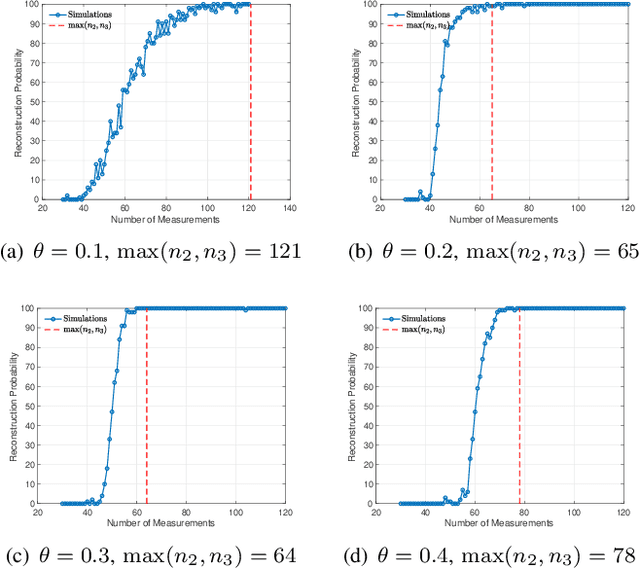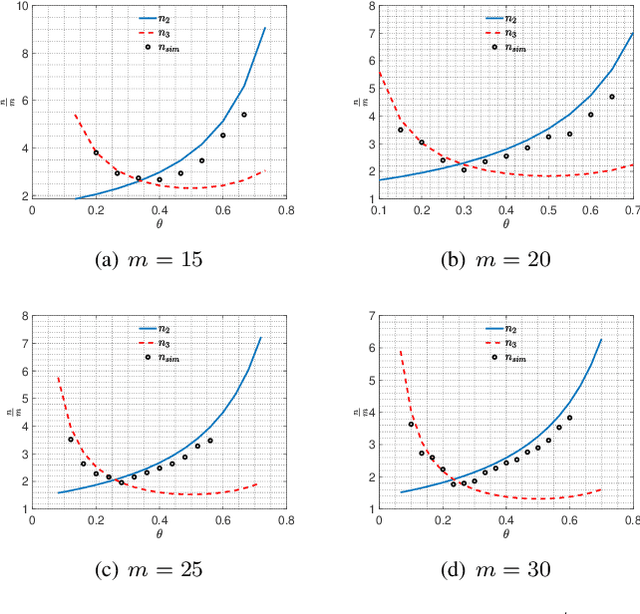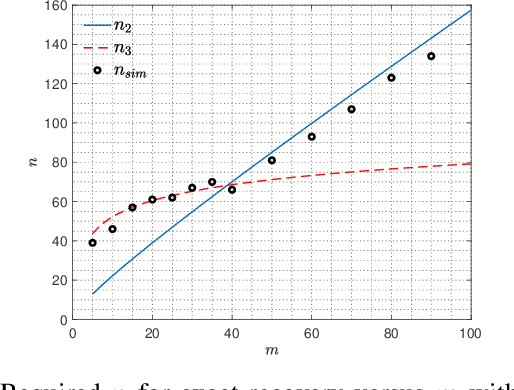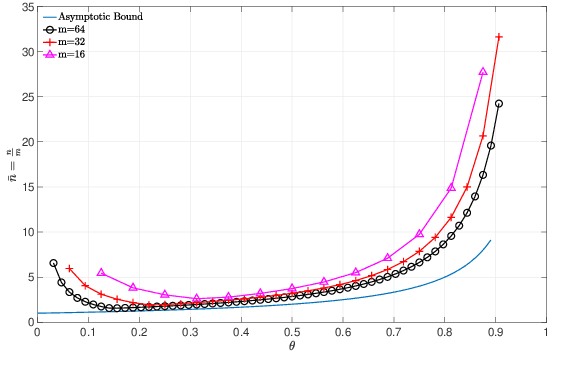Dictionary Learning with BLOTLESS Update
Paper and Code
Jun 24, 2019



Algorithms for learning a dictionary under which a data in a given set have sparse expansions typically alternate between sparse coding and dictionary update stages. Methods for dictionary update aim to minimise expansion error by updating dictionary vectors and expansion coefficients given patterns of non-zero coefficients obtained in the sparse coding stage. We propose a block total least squares (BLOTLESS) algorithm for dictionary update. BLOTLESS updates a block of dictionary elements and the corresponding sparse coefficients simultaneously. In the error free case, three necessary conditions for exact recovery are identified. Lower bounds on the number of training data are established so that the necessary conditions hold with high probability. Numerical simulations show that the bounds well approximate the number of training data needed for exact dictionary recovery. Numerical experiments further demonstrate several benefits of dictionary learning with BLOTLESS update compared with state-of-the-art algorithms especially when the amount of training data is small.
 Add to Chrome
Add to Chrome Add to Firefox
Add to Firefox Add to Edge
Add to Edge